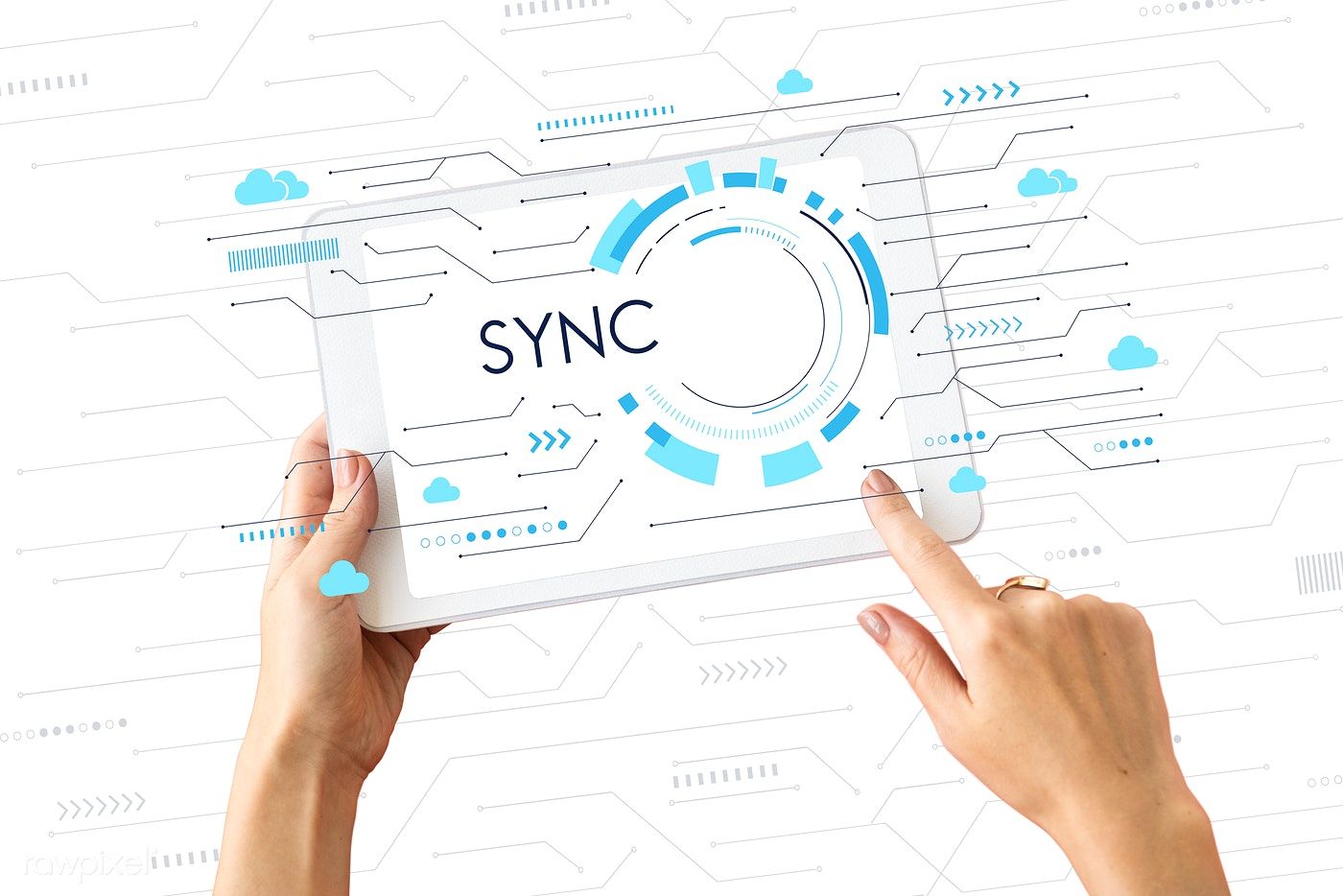As a property manager, it’s your responsibility to make sure your tenants have access to the utilities they need and that they pay their bills on time. This can be a daunting task for many landlords, especially when you’re handling multiple properties and tenants with different utility payment scenarios. However, there are ways to streamline the process and make it easier for everyone involved.
The basics of utility management include managing electricity, water, gas, and waste management services. These utilities are essential for the operation of any business, providing lighting, powering equipment, facilitating communication, and even offering sanitation and waste disposal. They also contribute significantly to operational costs, so it’s important to manage them effectively to cut down on expenses.
One of the key aspects of utility management is establishing and implementing a system that tracks energy consumption. This system helps ensure that a company’s energy usage is optimal, reducing waste and maximizing efficiency. It also allows businesses to set sustainability goals and track their progress. In addition, the system can help companies identify energy hogs and implement energy-efficient measures to reduce their energy consumption.
Another key aspect of utility management is determining how best to maintain infrastructure. This includes evaluating potential risks, planning for repairs and upgrades, and establishing cost-effective solutions. In addition, it is necessary to determine which types of failures would be most catastrophic for the company and focus efforts toward preventing them. This helps to avoid costly downtime, property claims, and water loss.
Finally, it is vital to establish a process for tracking and approving expense reports. This will help to minimize the amount of time spent on processing reports and ensuring that all approved expenses are properly allocated. It will also help to improve productivity by making it easy for employees to submit and approve expense reports.
A successful career in utility management requires attention to detail, which is an important trait for anyone who wants to be a successful property manager. It’s crucial to thoroughly read and understand all documents, including utility bills. In addition, it’s important to keep a detailed record of all payments made and to check on the status of any outstanding invoices. This will help you stay organized and prevent missed payments, which can result in late fees or interest charges.
Effective utility management involves monitoring and analyzing energy usage, conducting comprehensive bill audits before processing, rectifying any error in the billing, and ensuring that the correct amount is paid on time. By following these simple strategies, you can maximize your utility usage and save money on your utility expenses. In addition, leveraging tools like accounts payable software can make the entire process more efficient. It will provide greater visibility into your data, speed up payments, and notify you about upcoming due dates, the total amount owed, and the utility service description. Additionally, you can automate the process of submitting payments so that you never miss a deadline or incur penalties.






Leave a Reply